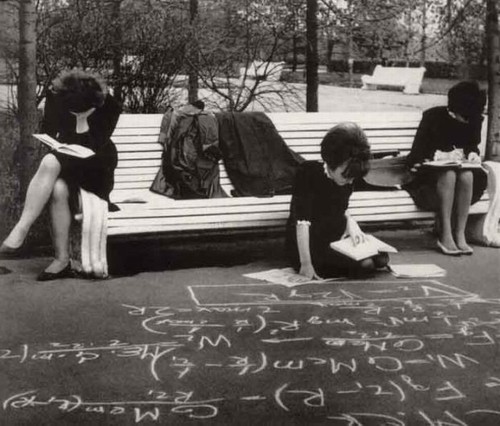Yesterday, in canteen, as I was queuing up for lunch,a friend revealed that he had quit from the stock market. He has had 2 lakh rupees worth of shares, and in the past two days, they had come down to 92000 rupees. He is accepting the advice of his astrologer, who has suggested that he should refrain for the next eighteen months from trading even an old shirt. He is getting out with what he has.
The crisis in US is not so far away from us, then. It has its impact.
Here is an interview with Joseph Stiglitz, on globalization, and the financial crisis that threatens to engulf America. I found it in LA City Beat.
From what I could understand, he says that the Iraq War has become a waste on American resources, the administration has not been mindful of its monetary deficit. These two factors have contributed to the economic disaster of today. Globalization has helped US so far to keep its head above water- they have globalized their losses, and have benefited from exports through weak dollar. But hard-core, unfettered free market capitalism as The American Way of Business has suffered loss of credibility. People outside America realize that American economic policies have ruined them. Globalism-as-market-fundamentalism is over, he says.
I don't understand these economic issues, if something is put in plain and coherent language, I tend to believe that. This interview is plain, coherent and has an aura of authority.
Do please read it.










